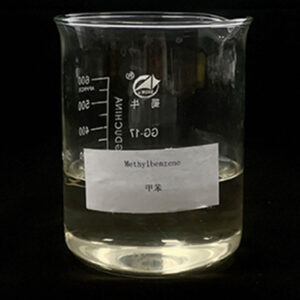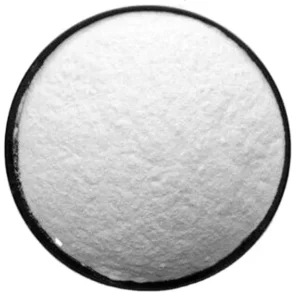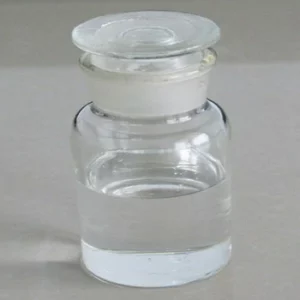In the realm of industrial chemistry, solvents play a crucial role in various processes and applications. This comprehensive guide explores the properties, usages, and safety considerations of three commonly used solvents: N,N-diméthylformamide (DMF), diméthyl sulfoxyde (DMSO), et benzène.
N,N-Diméthylformamide (DMF) par Chine N,Fabricant de N-Diméthylformamide:
.webp)
Propriétés:
Incolore, hygroscopic liquid
Point d'ébullition élevé (153°C)
Excellent solubility for a wide range of organic compounds
Polar aprotic solvent
Applications:
Pharmaceutical manufacturing
Paint and coating formulations
Textile processing
Industrie électronique
Plastics and adhesives
Considérations de sécurité:
Toxic by inhalation, skin absorption, and ingestion
Can cause liver and kidney damage
Reproductive toxin
Flammable and can form explosive peroxides upon prolonged exposure to air
Diméthylsulfoxyde (DMSO) depuis Chine Fournisseur de diméthylsulfoxyde:
Propriétés:
Incolore, slightly viscous liquid
Point d'ébullition élevé (189°C)
Excellente solubilité pour une large gamme de composés organiques et inorganiques
Polar aprotic solvent
Applications:
Pharmaceutical manufacturing
Synthèse chimique
Industrie électronique
Agrochimiques
Personal care products
Considérations de sécurité:
Can be absorbed through the skin
May cause skin irritation and allergic reactions
Can cause liver and kidney damage
Flammable and can form explosive peroxides upon prolonged exposure to air
Benzene Provided By Fournisseurs de benzène en Chine:
Propriétés:
Incolore, liquide inflammable
Low boiling point (80°C)
Immiscible with water
Aromatic hydrocarbon
Applications:
Petrochemical industry
Manufacturing of plastics, détergents, et les colorants
Solvents for paints, revêtements, et adhésifs
Pharmaceuticals and agrochemicals
Considérations de sécurité:
Highly flammable and can form explosive mixtures with air
Toxic by inhalation, skin absorption, and ingestion
Carcinogen (linked to leukemia)
Can cause skin irritation and respiratory problems

.webp)



